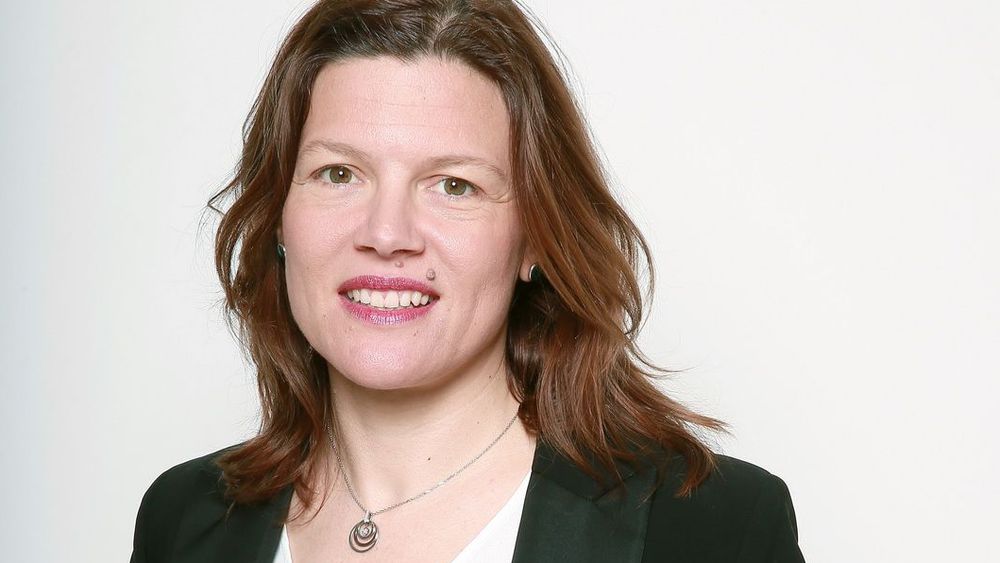Fanny Letier co-founded Geneo Capital Entrepreneur, an investment and support company for SMEs and ETIs. It defends the idea of a fair sharing of wealth.
To build the world of tomorrow, to offer a future for future generations, France certainly needs growth. But it needs "long-term" growth that creates sustainable jobs.
This long-term spirit is the hallmark of the building leaders. Driven by a dream, the desire to meet societal needs, they want to found leading, innovative, international groups and do not hesitate to project themselves over several generations.
But you can't do it alone. Great entrepreneurial adventures are collective adventures. A company is part of a sector, a territory, a set of interdependencies with its suppliers, customers, prescribers, distributors, public authorities... A company is also a group of men and women who constitute its human capital, shareholders who provide it with financial capital, raw materials without which nothing is possible.
In this context of deep interdependence, success is only possible through the mobilization and involvement of all these stakeholders. The question of equity in the distribution of the fruits of growth is an unavoidable one.
An equitable sharing of wealth
There can be no social progress without growth and innovation. There is no great history without an equitable sharing of wealth.
Let us take the distribution of added value in an industrial sector. If outsourcing turns into "mistreatment" as Jean-Claude Volot (National Mediator of Business to Business Relations from 2010 to 2012) says, the client may be better in the short term but in the long term the whole supply chain is put at risk. The compression of subcontractors' margins not only makes them vulnerable to economic cycles, but also constitutes a terrible brake on investment and innovation, which are essential to the sector's competitiveness. On the other hand, risk sharing, co-innovation, co-development and platform mechanisms reinforce interdependence and long-term sustainability.
The same applies within a company. In a world where skills are the limiting factor of growth, where the "talent war" is raging, it is no longer possible to consider that a company belongs only to its shareholders. Human capital must be placed on the same level as social capital. Investments in training, investments in the future, should be recorded as assets of a company in the same way as material investments and R&D (Research and Development). The involvement of employees in the fruits of growth, through profit-sharing, profit-sharing and employee share ownership, is a key factor in retaining talent and long-term competitiveness.
Supporting future generations
Finally, building for the long term requires intergenerational responsibility. Anticipating the transfer of your company is a question of responsibility. It is up to each generation to prepare the next, to put in place the governance that will allow it to anticipate the next issues and to reserve a sufficient share of the profits for future investments.
These transgenerational investments can be thought of at the company level or more broadly in its ecosystem. Many family offices thus have, in addition to the family business and their investment activity, a "philanthropy" branch to support causes that they consider important for the world in which future generations will live.
At Geneo Capital Entrepreneur, we have decided to contribute a significant portion of the earnings from investments in SMEs and ETIs to an endowment fund to enable new generations, particularly in neglected areas, to embark on their own adventure. This virtuous recycling of the value resulting from the growth of our companies must, we hope, promote a longer-term and more responsible vision of finance, and therefore more effective.
No one can ignore his environment, the world in which he lives. It is a question of well-being, of living together, of harmony. It is also a question of survival.
Source : L'express L'Expansion

